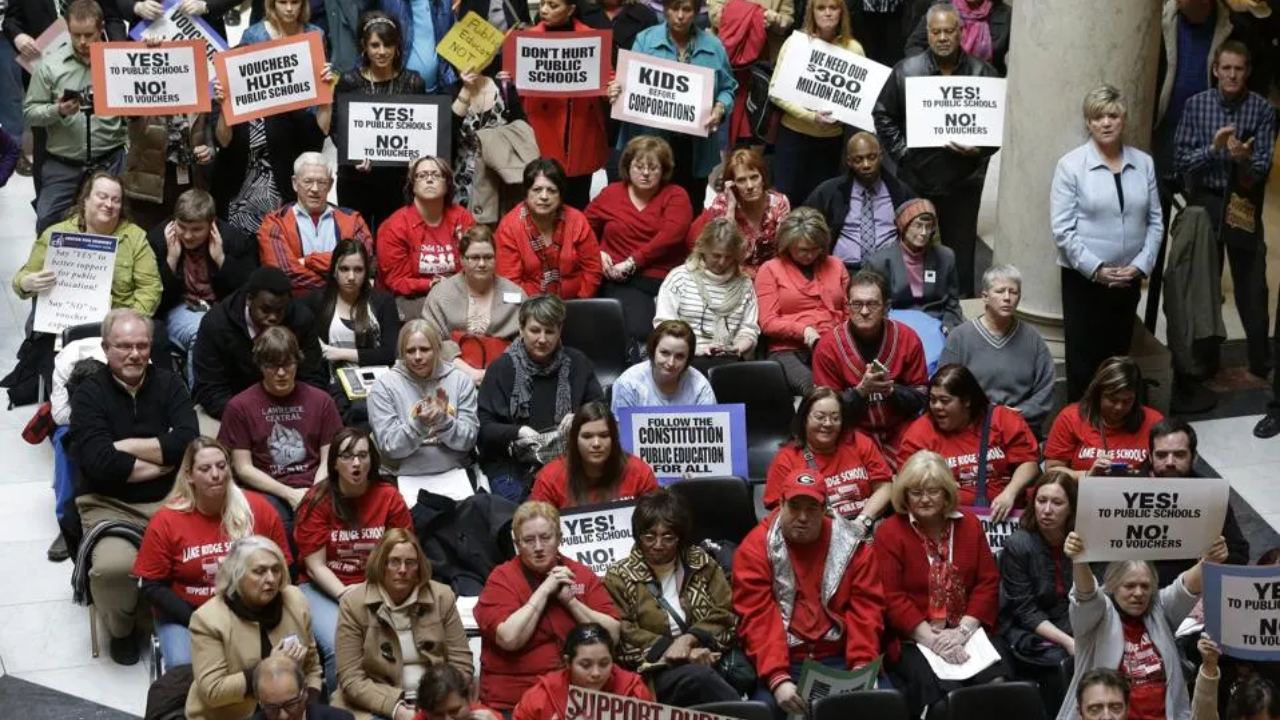Race Day Live– Expanding upon the significance of the number 3 within the context of the concerns raised by the Unity Group regarding school voucher programs, it’s imperative to delve deeper into the complexities surrounding the impact of such initiatives on educational equity and fiscal responsibility.
Firstly, the number 3 represents a pivotal point in highlighting the multifaceted challenges posed by school voucher programs. As the Unity Group emphasizes, vouchers have been scrutinized for their purported inefficiencies, ineffectiveness, and inequities, prompting serious considerations regarding their efficacy and appropriateness within the broader educational landscape.
One aspect of concern raised by the Unity Group pertains to the fiscal implications of school voucher programs, particularly in light of reports indicating budgetary discrepancies and potential misuse of public funds. Instances cited, such as voucher spending surpassing initial estimates by over $300 million in Arizona for the current academic year, underscore the financial risks and uncertainties associated with voucher initiatives, prompting calls for greater accountability and transparency in their implementation.
Furthermore, the number 3 underscores the broader societal implications of school voucher programs, particularly about issues of equity and access. Reports highlighting disparities in voucher distribution, such as schools in North Carolina receiving more vouchers than enrolled students, raise fundamental questions about the program’s ability to effectively address educational inequities and serve disadvantaged communities.
/https://static.texastribune.org/media/files/269a884a2253dd197788f33e95760a06/1007%20Boot%20Vouchers%20Rally%20JS%20TT%2038.jpg)
Moreover, anecdotal evidence provided by the Unity Group regarding questionable voucher expenditures, including purchases of non-educational items such as theme park tickets, kayaks, trampolines, and even a chicken coop, raises concerns about the integrity and oversight of voucher programs. Such instances underscore the need for robust safeguards and accountability measures to prevent misuse and ensure that taxpayer dollars are allocated responsibly and in accordance with the intended purpose of promoting educational opportunity and equity.
Read More: Colorado Climbs the Charts: 5th Place in National Education Rankings!
Empowering Educators: Georgia Education Dept. Allocates $30M for Literacy Coaches!
Education Budget in Focus: NYS Lawmakers Hold Hearing”
In conclusion, the number 3 serves as a poignant reminder of the multifaceted challenges and considerations inherent in the debate surrounding school voucher programs. By critically examining issues related to fiscal responsibility, equity, and accountability, stakeholders can work toward developing solutions that prioritize the educational needs of all students and uphold the principles of fairness, transparency, and integrity in educational policy and practice.















+ There are no comments
Add yours